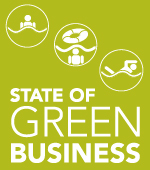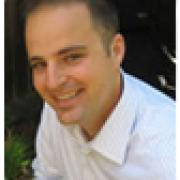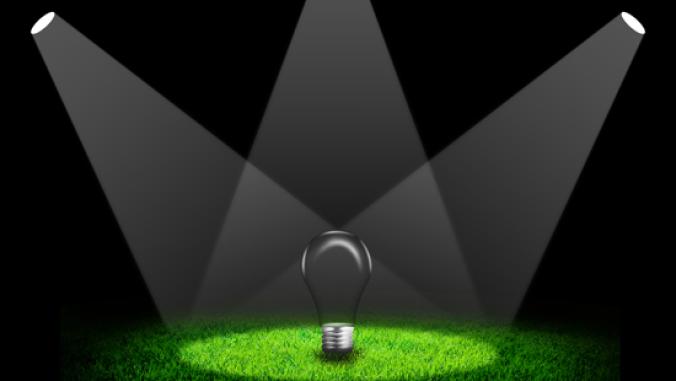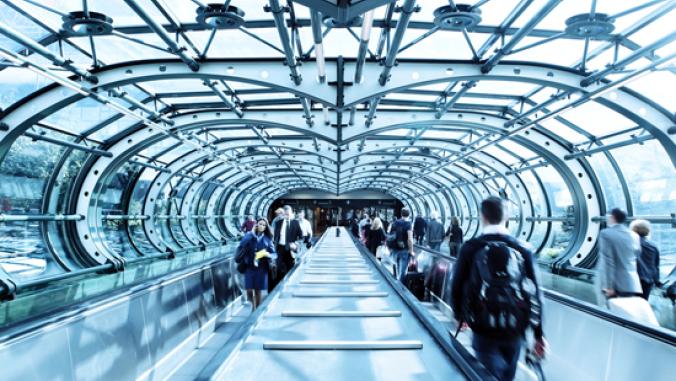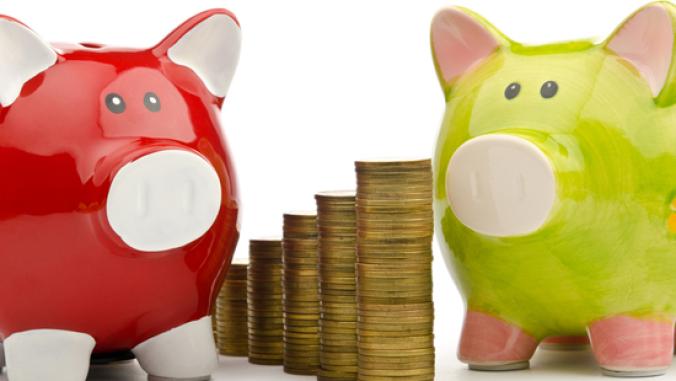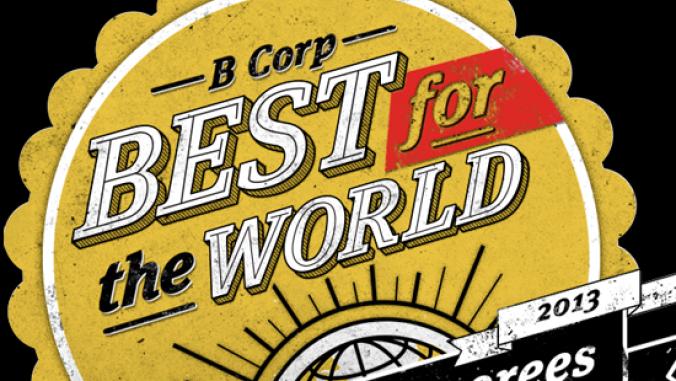Underwriters Labs and the Future of Green Certifications
<p>For a company with more than 115 years of history under its belt, Underwriters Laboratories is making big plans for the future, and its environmental wing has set its sites on meeting the market for reliable sustainability certifications.</p>

For a company with more than 115 years of history under its belt, Underwriters Laboratories is making big plans for the future.
The not-for-profit company, which started in 1894 as an outgrowth of the 1893 World's Fair in Chicago, has in just the past three years made a decision, and big commitment to expanding its presence beyond the electrical and fire safety and into the environmental space.
"The first line of the UL mission is to promote safe living and working environments for people," UL CEO Keith Willams explained to the audience at the State of Green Business Forum in Chicago last week. "We think that's what we've done with electricity going back to the beginning of the 20th century."
But relatively recently, safety has expanded to include, in many instances, environmental concerns as well.
"When you think about safe living and working environments, clearly the impact of products on the environment is a critical area, and we saw more and more of our clients' concerns about hazardous materials that were in their products," Williams said. One example he offered was about the discussions -- at times "very contentious discussions," according to Williams -- between UL, the Consumer Electronics Association and the National Association of State Fire Marshals, where brominated flame retardants came under debate. Williams said that the fire marshals wanted all the plastics on your TV to be brominated so TVs won't burn, and the CEA was opposed to BFRs because of environmental and health concerns from those chemicals.
"We started getting more and more questions from our clients about hazardous materials," Williams said, "about offgassing of bromine and energy efficiency and a wide range of things, and we came to believe that environmental safety was as important as electrical and fire safety to this mission of promoting safe living and working environments for people."
That led to the creation of UL Environment, an offshoot of UL that focuses on certifying the environmental benefits of green products.
"One of the early areas we looked at was energy efficiency; that clearly relates to planetary value, but also to all the people we deal with that make electrical goods," Williams said. "Then we also started to look at areas like indoor air quality. We decided, OK, indoor air quality really relates to the area of green buildings, and green buildings obviously are about a lot of things, energy efficiency, the environment inside the building, and how it affects the people inside the building.
If IAQ was going to be a consideration, then UL would have to get into things like drywall, carpet, fire doors, and a whole range of products. Some of those areas were addressed by other groups -- some of which UL acquired in the past six months, including AQS and its Greenguard certification and TerraChoice and its EcoLogo standard -- and some of which UL would develop internally, like certifications for drywall.
But as with so many areas of green business practices, this area too got more complicated, leading UL to further expand the scope of its certification expertise.
"We also had a lot of interest from people about, 'Can you have a green product if you don't have a green process in your company?" Williams said. That question got UL into the development, in partnership with GreenBiz Group, the parent company of GreenBiz.com, of the ULE 880 standard, the first-ever corporate sustainability standard.
"We said this could be something that's really valuable," Williams said, "because there are a lot of companies that want to be recognized as being legitimately sustainable, but how do they do that?"
While there are still a sort of glut of standards for any kind of products -- Williams gave the example of one appliance maker in Japan that sells only one model of washing machine, but must make 31 versions of that product to sell it in markets around the world -- there is a definite demand and need for a reliable green standard, something that UL, with its 115 years of history and its place as the trusted standard of choice for thousands of products, could be an ideal creator of that standard.
"Consumers, when they see a label, they need to understand that this is a credible label and it was done on a level playing field. A good example I might use is the organic food label," Williams said. When the government created its requirements for what steps companies had to take to put an organic sticker on a product, it had a dramatic effect on the supermarket shelves."A lot of things lost the organic label at that point, but now, when you go into the supermarket and buy something with the USDA organic label on it, you have a sense of confidence that it meets a specific standard and it was created on a level playing field.
Photo by Goodwin Ogbuehi, http://flickr.com/photos/yoshikatsu.
